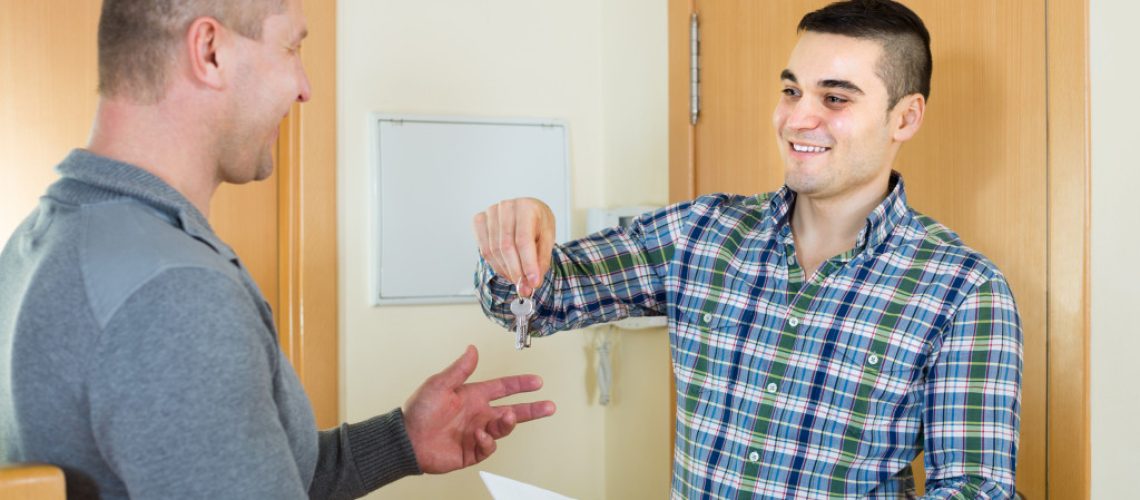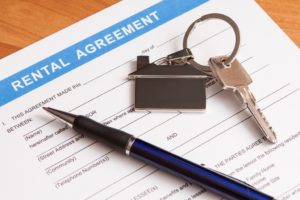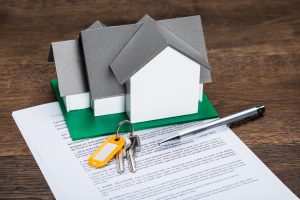So, you’re thinking about becoming a landlord? Owning and renting out property can be a great way to generate income and build wealth over time. But it’s not a decision to be made lightly. Before you take the plunge, there are a few things you need to know and habits you need to form to be successful. Here’s a beginner’s guide to becoming a landlord.
The Pros and Cons of Being a Landlord
Let’s start with the basics. What are the pros and cons of being a landlord? The pros are that you can make money from rental income and potentially see your property appreciate in value over time. Property values increase by about 3.5-3.8% every year; just imagine how much a well-property would be worth in 10 years! You’ll also find it easy to find tenants as long as you keep your property nice and clean; 1.2 billion people around the world rent the place they live in (a whopping 15%). In the US, 40% of people live in a rented property, while in the UK, 20% of people rent from private property owners.
The cons are that being a landlord comes with a lot of responsibilities—and potential headaches. You’ll need to be prepared to deal with everything from maintenance issues and unruly tenants to late rent payments and legal troubles. Not to mention that the initial investment into obtaining property is very large.
If you’re still on the fence, it’s important to weigh the pros and cons carefully before making a decision. Once you become a landlord, it can be difficult (and expensive) to get out if you find that it’s not the right fit for you.
What You Need to Know Before Becoming a Landlord
Now that you know the basics, let’s dive into what you need to know before becoming a landlord. Here are four key things you should keep in mind:
- It’s important to do your research – know what type of property you have and how you can best make money out of it.
- You’ll need to develop some financial savvy – keep close watch over your finances and expenses in order to make the most out of your income.
- Being a good landlord requires strong people skills – you’ll need to be able to deal with tenants effectively.
- There is no such thing as being too organized – you’ll need to stay on top of paperwork, maintenance issues, rent payments, etc.
Keep these things in mind as you move forward with your plans to become a landlord—they’ll come in handy later on down the road.

Habits You Need to Form to Be a Good Landlord
In addition to knowing what goes into being a landlord, it’s also important to develop some good habits that will help you succeed in this role. Here are three habits you should form:
Get into the habit of regularly checking in on your property.
As a landlord, it’s important to stay on top of things by regularly checking in on your property. This means going over the property yourself, as well as talking to tenants to get their feedback. Even if everything seems fine, it’s always better to err on the side of caution and check for any potential problems. By staying on top of things, you’ll be able to head off any potential problems before they snowball out of control. You’ll also be able to nip any bad tenants in the bud before they do too much damage.
Be proactive about maintenance and repairs.
Checking in is not enough—the point of checking in is to actually do something about the potential problems you see. The last thing you want is for small problems to turn into big (and expensive) ones down the line. Make sure that you check up and do maintenance on your property at every one to two weeks. This might seem too frequent, but if you do your job well and nothing breaks, this will only require about a day out of your week for one piece of property.
Stay up-to-date on changes in the law.
Landlord-tenant laws vary from state-to-state, so it’s important that you stay informed about any changes that could impact how you do business. By keeping yourself on the good side of the law, you can keep making money off your property.
Keep learning.
Learning is an important part of being a landlord. Apart from learning about the law, you also have to learn about home repairs, maintenance, as well as business strategies for optimizing your cash flow. Make it a point to visit and interact in online forums for landlords so that you can get good ideas. If you think your properties are not living up to their full earning potential, consider switching up your rentals. You can shift to short-term rentals (like AirBnB) or rent properties out to multiple occupants (HMO). The most important part is to first learn about them, by going to HMO, landlording, and investment strategy webinars and seminars. There are also classes that you can take to learn more about real estate and property management.
Final Thoughts
Becoming a landlord can be a great way to generate income and build wealth over time—but it’s not something to be taken lightly. There are several things you need to know and habits you need form before taking on this role. By doing your research, developing financial savvy, honing your people skills, and staying organized (among other things), you’ll set yourself up for success as a landlord.





